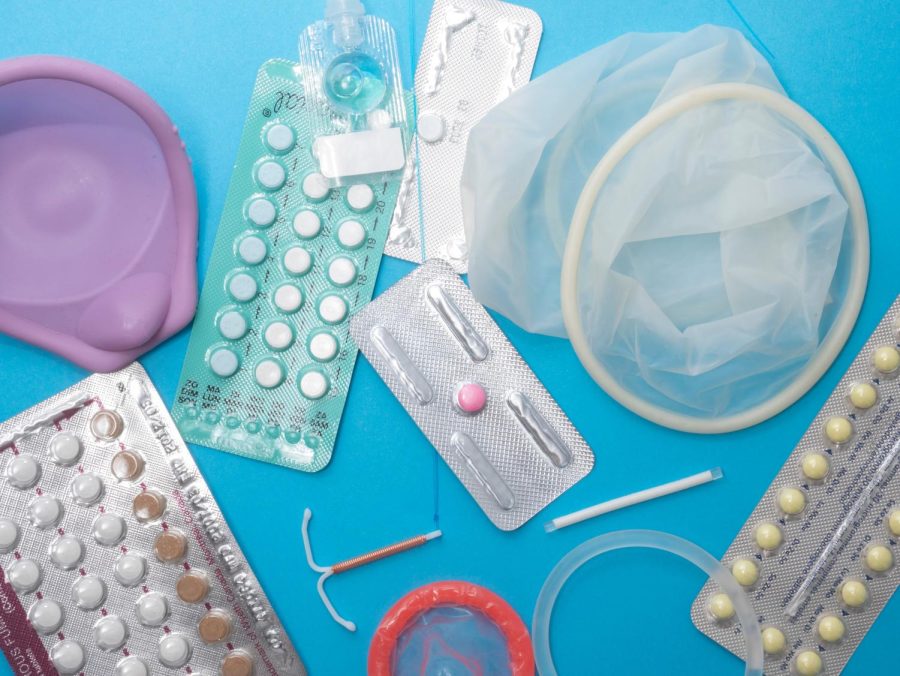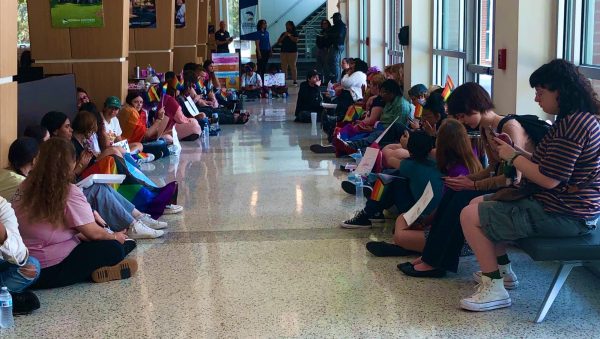STDs & What You Can Do to Prevent Them
As Valentine’s Day approaches, many students will participate in some copulation. It is estimated that (94%) of college students are sexually active.
On the contrary, however, only 62 percent of college students in a national survey reported always or usually wearing a condom. 15 percent reported never using a condom during sex. And 75 percent of college men reported only wearing a condom when their partner asks.
The Centers for Disease Control and Prevention (CDC) recently released its latest Sexual Transmitted Disease Surveillance Report. The report found that Georgia ranks 3rd in the nation for STD rates, with 145,445 total cases reported.
Why?
The CDC cites fewer clinics, resulting in fewer STI screenings, less treatment, and more transmission.
The CDC also reported STD test and laboratory supply shortages, lapses in health insurance coverage due to unemployment and telemedicine practices that led to some infections not being captured in national data during the first year of COVID contributed to the rise in rates as well.
Another aspect is that hookup culture seems to have taken precedence in the social norms of students. The American Psychological Association (APA) defines hookups — as brief uncommitted sexual encounters between individuals who are not romantic partners or dating each other. The APA also found that between 60 percent and 80 percent of North American college students have had some sort of hookup experience.
I asked some students to share their thoughts on hookup culture.
“I don’t like hookup culture because, it’s negative, you could be hooking up with one person, but they could be in a relationship, and that could tear up their relationship,” said Amaris Taylor, a 1st-year Radiology major.
“I think it’s dangerous because you don’t know who you’re hooking up with on some occasions, but if you’re familiar with that person and both of y’all are cool with it, then that’s y’all thing,” said Clyde Brown, a 1st-year Mechanical Engineering major.
“I think people need to be educated. People need to understand what they’re actually getting themselves into, and it’s not as scary of a world as you think it is. If you’re prepared the right way. I think if you go in with the right mindset, it’s not that scary, but I also think you need to respect yourself first,” said Emilie Ostendorf, a 4th-year Communications major.
I spoke with the university’s Medical Director, Dr. Angela S. Gerguis, about STDs.
“We encourage testing. Fewer than 10% of the student population [Armstrong] were tested in 2022. Compared to the incidence of STDs in the State, our levels are less than those reported for the State of Georgia,” said Gerguis. Under-testing is always a concern. The more tested, the better we can assess the rates for a particular population.”
Dr. Gerguis explained some of the preventive measures that can be taken against STDs.
The only sure way to keep from getting or passing on a sexually transmitted infection is not to have sexual contact with anyone.
Even if you do not have any signs of illness, you may spread an STD.
If you have any type of sexual contact, use latex condoms each time to reduce the spread of infection.
Use a condom with each partner every time, from the start of sex to the end.
Avoid contact with any sex partner known to have an infection or who has signs of infection like oral or genital sores, discharge, discomfort with urination, or warts.
Avoid multiple sex partners. A long-term monogamous relationship with a partner who has tested negative and is known to have no infection is the safest partner.
Get vaccinated against HPV. In 1991, infants began to be immunized against hepatitis B, so most students are likely vaccinated against hepatitis B. There is no vaccine for hepatitis C.
Avoid using drugs or too much alcohol. Either of these can lead to risky behavior like unprotected sex.
Avoid douches. Using them can remove the good bacteria that protect your vagina. This can raise your chance of having STDs.
If getting tattoos or piercings, ensure a sterile technique is followed.
Talk to your partner about STDs before you have sex. Talk about having safe sex and ask if your relationship is monogamous.
Wash your hands and genitals with soap and water after sex.
See your doctor for regular exams and checkups for STDs.
Regardless of what you decide to indulge in this Valentine’s Day, be sure to use protection. Positive Impact Health Center offers free condoms that can be delivered to you.
If you are on the Armstrong Campus, you can go to Health Services located in Compass Point Building 7000. You can get free condoms here as well. STD testing is also offered for chlamydia, gonorrhea, syphilis, and HIV. You can get all four tests done for $45, or you can pay $15 for each test individually, except for syphilis which costs $5.
Be safe, have fun, and always check your student inbox and our website to stay up to date with the latest Armstrong news.

An award-winning senior Communications major from Atlanta, Georgia, Jabari is passionate about bringing diverse perspectives to the news. He has been with...










DeeSosa • Feb 14, 2023 at 9:00 pm
Great article.. I will not have sex anymore
Derick Anglin • Feb 14, 2023 at 7:11 pm
Man this so crazy!